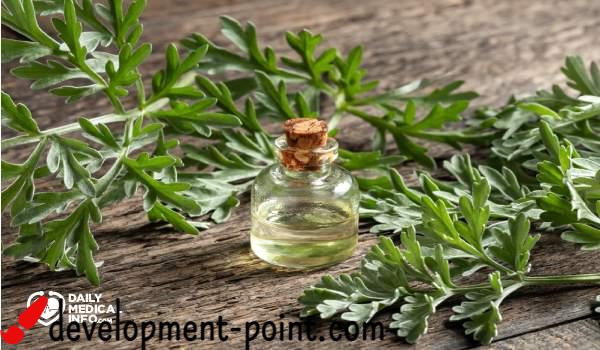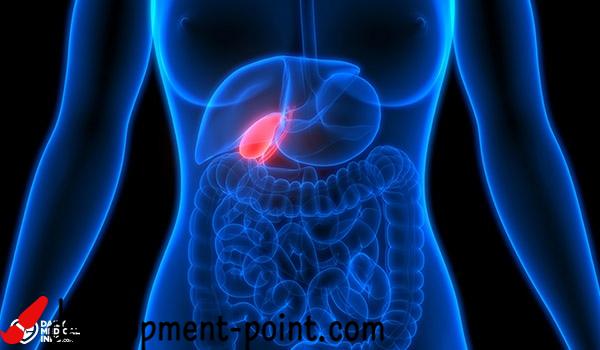Kidney infection treatment: the most important symptoms and prevention methods
The kidney is an organ about the size of a fist and shaped like a bean. The kidneys are located just below the ribs on either side of the spine. The main function of the kidneys is to carry out the process of removing impurities and excess water from the blood. Therefore, the exposure of the kidneys to any health problems, including inflammation of the kidneys, may hinder its effectiveness in performing its vital tasks. So get to know the ways Treatment of inflammation of the kidneys The most important symptoms and ways to prevent the risk of infection.
Kidney infection
Nephritis is a disease that leads to inflammation of the tubes and surrounding tissues, which may eventually lead to kidney failure. Some people may be at greater risk. Among the risk factors:
- Family history of kidney disease
- Hypertension
- Diabetes
- Obesity
- heart disease
- Diseases of the immune system, such as lupus
- Excessive use of painkillers and antibiotics
- Elderly people aged 60 years or over
Symptoms of kidney infection
Symptoms of kidney infection vary from person to person, depending on the case. Signs of a person being infected include:
If any of the symptoms of kidney infection are suspected, it is recommended to consult a doctor, as early treatment of the condition helps protect against complications of kidney infection, and the risk of kidney damage or kidney failure.
Symptoms of acute kidney infection
There are many symptoms of acute kidney infection, which may vary according to the type of inflammation. The most common symptoms are:
- Burning urine
- Nausea or vomiting
- fever
- Anorexia
- Hypertension
- Pain in the pelvis or groin
- Frequent urination
- bloody urine or pus in the urine
- Pain in the abdomen or around the kidneys
- Swelling of some areas of the body such as the face, ankles, and legs
Treatment of inflammation of the kidneys
If you don’t have chronic kidney infection, your doctor may prescribe oral antibiotics as the first line of defense against a kidney infection. Which is usually taken from one to two times a day, and for a period ranging from 10 to 15 days.
Symptoms of nephritis usually begin to improve within a few days of starting treatment. However, you must adhere to taking the dose prescribed by the doctor, which must be taken in full even if you feel better before the end of the specified dose.
However, in the case of severe kidney infections, it may require admission to the hospital in order to obtain the necessary fluids and antibiotics intravenously. The length of stay in the hospital depends on the severity of the condition. Treatment for chronic kidney infection may also include ordering regular kidney check-ups, monitoring blood pressure, and following up on diet with a dietitian.
Treating kidney infection at home
Some home remedies may help relieve inflammation and pain resulting from it, but they do not replace consulting a doctor and following his instructions due to the seriousness of kidney infections. Among the complementary therapies:
1. Drink water
Drinking plenty of water (about 8 glasses of water a day) helps flush bacteria out of the body, which helps speed up the healing process. It also helps in cleaning the urinary system, preventing urinary tract infections that can cause kidney infection.
2. Cranberry juice
Cranberry juice has been widely used to treat bladder infections and urinary tract infections. However, cranberry juice that contains added sweeteners should be avoided.
3. Abstain from caffeine
In order to treat kidney infection, caffeine and alcohol should also be avoided, which may need additional work from the kidneys, which slows down the healing process, and may interfere with prescribed antibiotics, so it should be avoided.
4. Take probiotics
Probiotics play an important role in the treatment of kidney infection, as they help maintain beneficial bacteria that antibiotics may harm, and they also help to get rid of body waste.
5. Take vitamin C
Vitamin C is one of the powerful antioxidants, which protect body tissues from oxidative stress, which in turn may help protect the kidneys and enhance the functions of their enzymes. It may also help reduce scarring of the kidneys during chronic kidney disease. So eating foods that contain vitamin C or vitamin C supplements is good for promoting kidney health. Among the foods rich in vitamin C:
6. Parsley juice
Parsley juice is a natural diuretic, which may help flush out bacteria in the kidneys, which in turn helps the antibiotics become more effective.
7. Salt bath
Using both Epsom salt and warm water may help relieve the pain of the symptoms of a kidney infection while you wait for the antibiotics to take effect.
8. Pain relievers
Pain relievers that do not contain aspirin may help relieve pain caused by inflammation, such as ibuprofen and acetaminophen.
9. Warm compresses
Placing a warm compress or a warm water bottle on the affected area can help relieve pain while you wait for the antibiotic to take effect.
How to prevent the risk of infection?
Following some simple hygiene practices may help reduce your risk of developing a kidney infection. Among those practices:
- Quit Smoking
- Getting rid of excess weight
- Maintaining sugar levels
- Doing sports activities constantly
- Follow a healthy and balanced diet
- Monitor blood pressure and maintain a normal level
And after you got acquainted with the methods of treating kidney infection and its most important symptoms, you can consult a doctor at any time through this link.

